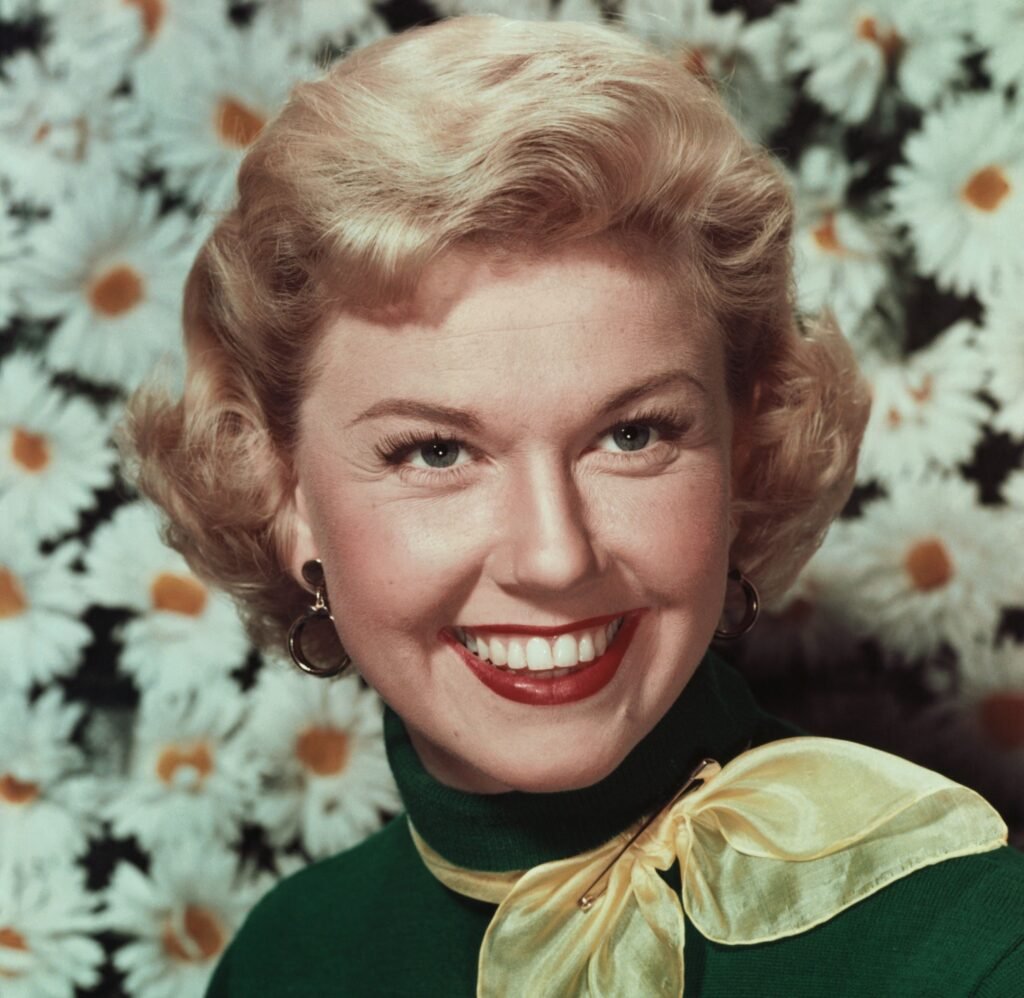In a 1989 BBC interview, Doris Day playfully reflected on the film Pillow Talk and remarked, “It seemed risqué, but isn’t it funny when you think what they’re showing now?”
Her words perfectly capture the daring yet quaint nature of a movie that once pushed the boundaries of Hollywood’s acceptability.
Released in 1959, Pillow Talk flirted with themes of modern romance and desire at a time when the movie industry was still governed by strict moral codes.
Despite its modest appearance today, the film left a lasting impact on the romantic comedy genre, establishing tropes still used today.
Directed by Michael Gordon, Pillow Talk follows Jan Morrow (Doris Day), a successful interior decorator who unwillingly shares a telephone line with the charming yet womanizing composer Brad Allen (Rock Hudson).
While Jan tries to use the phone for work, Brad occupies it for his serenades to multiple women, creating friction and ultimately a romantic spark.
This “party line,” a shared telephone connection that became common after World War II due to the high demand for phone services, serves as a clever device for romantic entanglement.
In a world where emails and text messages now serve as the foundation for “meet-cutes,” Pillow Talk used the party line as a playful backdrop for misunderstandings, romantic deception, and eventual reconciliation—elements that would go on to define the rom-com formula.
The film marked a turning point for its stars.
Doris Day transformed from the wholesome girl-next-door into a sophisticated sex symbol, while Rock Hudson transitioned from a dramatic lead to a romantic comedy staple.
“Ah, I was crazy about that script,” Day fondly remembered. “And I loved the clothes, and I loved working with Rock for the first time. He and I were very good friends… We respected each other, and I think that came across.”
Their chemistry earned Day her only Academy Award nomination, and the pair reunited for two more rom-com hits, Lover Come Back (1961) and Send Me No Flowers (1964).
Though seemingly innocent today, Pillow Talk was considered daring in the 1950s, a time when even subtle references to sexuality were censored.
Its casual approach to dating, seduction, and pre-marital sex was so provocative that Hudson initially turned down the script three times.
“We almost didn’t do it because it was too dirty,” Hudson later confessed in a 1984 interview on the Wogan chat show.
Host Terry Wogan jokingly asked, “Were those the days you had to keep a foot on the floor?”—a reference to the old Hollywood code where actors in intimate scenes had to maintain a level of physical propriety.
The audience laughed, highlighting just how much attitudes toward on-screen romance had changed since Pillow Talk first captivated audiences.
Also read: Sid Sriram: Bridging Cultures With Carnatic Music On A Global Stage
